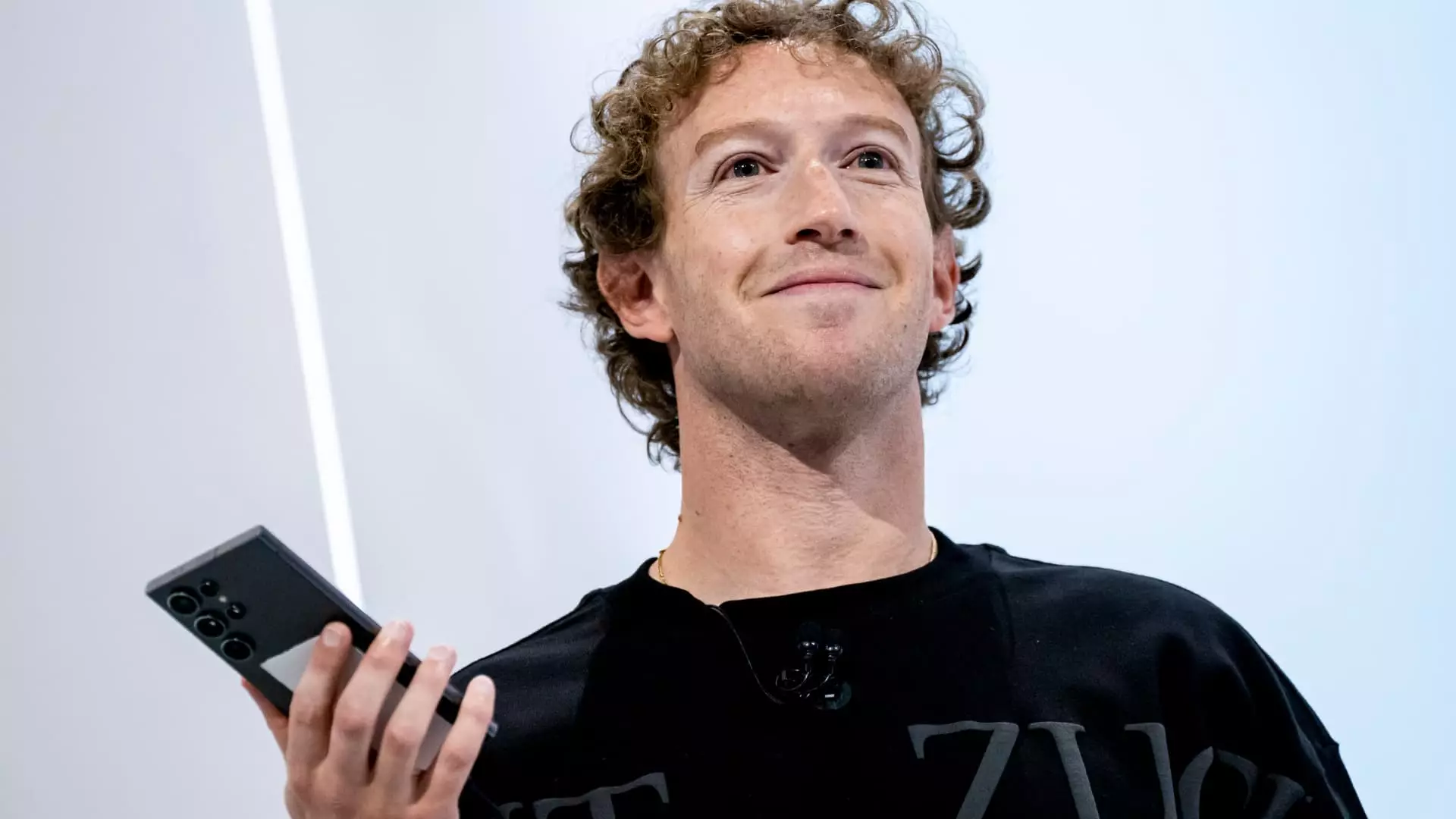In a recent podcast appearance on Joe Rogan’s show, Meta CEO Mark Zuckerberg revealed an intriguing yet controversial narrative about the intersection of government influence and social media regulation concerning COVID-19 vaccine discourse. As the conversation unraveled, Zuckerberg shared insights that have reignited conversations about the responsibility of tech companies in managing public health information and the nature of their relationships with governmental bodies.
Zuckerberg disclosed that the Biden administration allegedly pressured Meta to suppress discussions surrounding the side effects associated with COVID-19 vaccines. Despite his assertion of being generally supportive of vaccine distribution, he acknowledged that the administration’s push to promote vaccines came hand-in-hand with efforts to censor dissenting views. This duality poses a serious ethical dilemma: how can social media platforms balance the public health messaging with the principles of free speech?
The perception of censorship raises critical questions. On one hand, public health initiatives must combat misinformation, especially during a global pandemic; on the other hand, the potential suppression of legitimate concerns can foster an environment of distrust and resentment among those who seek transparency. The tension between ensuring accurate health communication and maintaining open discourse is delicate and often contentious.
In a strategic pivot, Meta recently announced it would pivot away from third-party fact-checking towards a community-based approach to content regulation. Users on platforms such as Facebook will now have the ability to contribute commentary on the veracity of information. This move draws parallels to the model implemented by X (formerly Twitter), which has seen its own share of criticisms and support under Elon Musk’s ownership. By adopting this methodology, Meta steps into a more democratized yet potentially chaotic landscape of information dissemination.
Critics, including President Biden, have expressed concerns regarding this shift. Biden characterized it as “shameful” for a billionaire-owned platform to abandon fact-checking, particularly in a world inundated with misinformation. The apprehension surrounding this decision lies in the fear that it could exacerbate the existing proliferation of falsehoods online, potentially leading to harmful consequences, especially in the context of public health.
Throughout the podcast, Zuckerberg addressed previous criticisms regarding the company’s compliance with requests perceived to censor COVID-19 discussions. While he refrained from naming specific officials or conversations, his revelations indicate a troubling dynamic where governmental pressure may have compromised Meta’s ability to uphold factual accuracy. In August, Zuckerberg wrote to the Republican-led House Judiciary Committee expressing regret over certain content removal actions that he felt were unjustified.
The implications of these restrictions are significant. The Food and Drug Administration (FDA) acknowledged common vaccine side effects such as fatigue and fever. By suppressing discussions about these legitimate side effects, Meta’s policies could have inadvertently contributed to a more significant misunderstanding about vaccine safety, undermining trust in a critical public health initiative.
Moreover, Zuckerberg’s comments extend beyond domestic ramifications. He pointed out that the U.S. technology industry faces inadequate government protection compared to international regulations, specifically citing hefty fines imposed on American companies by the European Union. His hope lies in the incoming Trump administration’s willingness to foster a competitive landscape that prioritizes American interests in technology.
This perspective highlights an essential debate about the responsibility of tech companies in providing an environment that fosters informed discussions while being wary of governmental overreach that could stifle open dialogue. Striking the right balance between regulation and innovation remains an ongoing challenge in a rapidly evolving digital landscape.
The discourse sparked by Zuckerberg’s revelations serves as a crucial reminder of the pivotal role social media companies play in shaping public conversations, particularly about health-related issues. As society grapples with the consequences of misinformation, it is essential that platforms like Meta uphold their responsibility to provide accurate and reliable information while promoting healthy debate. This multifaceted challenge requires an engaged and informed public willing to navigate the complexities of modern discourse—one that values both scientific guidance and individual voices in the conversation.

